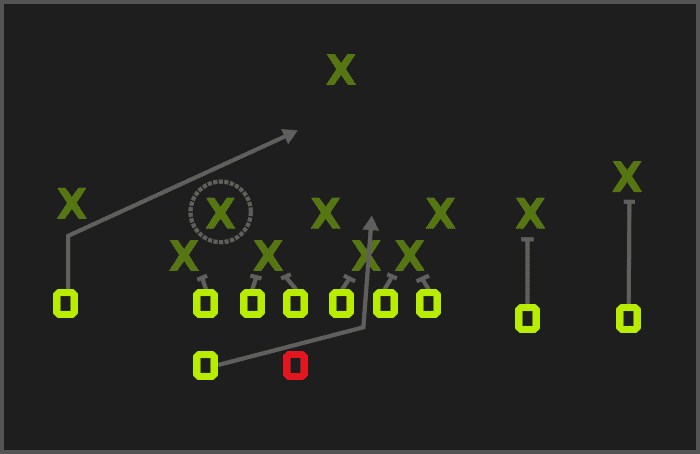Below is a reminder email recently sent by the DBA Appellate Section about the annual joint Dallas-Tarrant meeting tomorrow (22nd), which will be at the Arts District Mansion and has lots of great material this year:
Greetings, colleagues! Welcome to your second-to-last reminder email about tomorrow‘s (September 22) Annual Joint Meeting with the Tarrant County Appellate Section. We’ve got some terrific speakers lined up for you, a fun reception afterwards (generously underwritten by Duane Morris LLP), and a bonus ethics CLE opportunity over the lunch hour by also attending the DBA’s Day of Civility luncheon.
As a bonus you don’t have to go far – this year’s meeting will be at the Dallas Arts Mansion. Yay!
Register here for the joint meeting:
https://www.dallasbar.org/?pg=events&evAction=showDetail&eid=271565&evSubAction=viewMonth&calmonth=202309
Meeting Agenda:
8:00 am: Registration and continental breakfast
8:30 am: Practice and Procedure at the 5th Court of Appeals, presented by Justices Ken Molberg, Cory Carlyle, and Erin Nowell (Moderator: Anne Johnson)
9:45 am: Practice tips for success at the 2nd Court of Appeals, presented by Justices Elizabeth Kerr, Dana Womack, and Mike Wallach (Moderator: Chris Knight)
11:00 am: Supreme Court Q&A with Justices Jane Bland and Jimmy Blacklock
12:00 – 1:00: Lunch (Optional: Attend Day of Civility luncheon in adjoining room for additional 1.00 hour of CLE credit)
1:00 pm: The state of the Texas Judiciary with Chief Justice Nathan Hecht followed by a panel discussion with Chief Justices Hecht, Robert Burns, and John Bailey (Moderator: David Coale)
2:00 pm: Reception
 A declaratory-judgment claim in a will contest led to a counterclaim based on the will’s in terrorem clause. That counterclaim was met by a TCPA motion to dismiss, which was denied by operation of law. The Fifth Court reversed in Roach v. Roach, No. 05-22-00194-CV (Sept. 18, 2023) (mem. op.).
A declaratory-judgment claim in a will contest led to a counterclaim based on the will’s in terrorem clause. That counterclaim was met by a TCPA motion to dismiss, which was denied by operation of law. The Fifth Court reversed in Roach v. Roach, No. 05-22-00194-CV (Sept. 18, 2023) (mem. op.).



